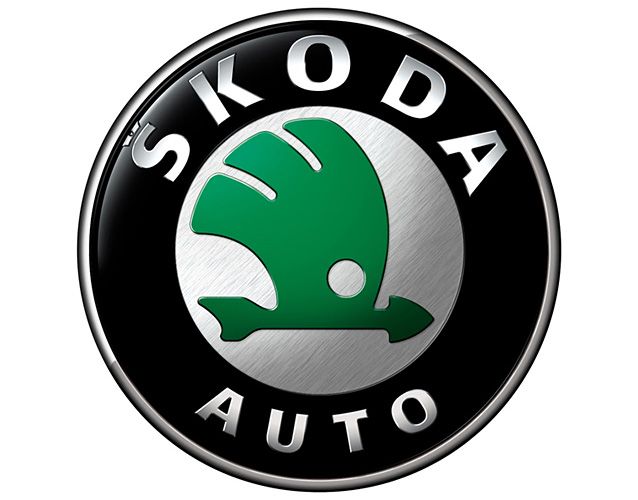
Skoda

| Name: | SKODA |
| Year of foundation: | 1895 |
| Founder: | Vaclav Laurin и Vaclav Clement[D] |
| Belongs: | Volkswagen AG |
| Location: | Czech Republic: Mlada-Boleslav, Central Bohemian Region |
| News: | Read more... |
Body type: SUVHatchbackSedanConvertibleEstateMinivanCoupeVanPickupElectric carsLiftback
History of the Skoda car brand
Contents History of SkodaLogoOwners and managementModels1. Concepts Skoda2. HistoricModern ModelsQuestions and Answers: Skoda is one of the most famous brands in the world that manufactures passenger cars as well as mid-range crossovers. The company's headquarters is located in Mladá Boleslav, Czech Republic. Until 1991, the company was an industrial conglomerate, which was formed in 1925, and until that moment was a small factory of Laurin & Klement. Today it is part of VAG (more details about the group are described in a separate review). History of Skoda The founding of the world-famous automaker has a bit of a curious backstory. The ninth century ended. The Czech bookseller Vláclav Klement buys an expensive foreign bicycle, but soon there were problems with the product, which the manufacturer refused to fix. In order to "punish" the unscrupulous manufacturer, Vlaclav, together with his namesake, Laurin (he was a well-known mechanic in that area, and a frequent client of Clement's bookshop), organized a small production of their own bicycles. Their products had a slightly different design and were also more reliable than those sold by their competitor. In addition, partners provided a full warranty for their products with free repairs if necessary. The factory was named Laurin & Klement and was founded in 1895. Slavia bikes came out of the assembly shop. In just two years, production has expanded so much that a small company has already been able to purchase land and build its own factory. These are the main milestones of the manufacturer, which subsequently entered the world car market. 1899 - The company expands production, starting to develop its own motorcycles, but with plans for auto production. 1905 - The first Czech car appears, but it was still produced under the L&K brand. The first model was called Voiturette. On its basis, other types of cars were developed, including trucks and even buses. This car was equipped with V-shaped engines for two cylinders. Each engine was water-cooled. The model was put up for a car competition in Austria, where it won the road car class. 1906 - Voiturette gets a 4-cylinder engine, and two years later the car could be equipped with an 8-cylinder ICE. 1907 - In order to attract additional funding, it was decided to change the status of the company from a private company to a joint-stock company. Production expanded due to the popularity of produced cars. They enjoyed particular success in auto competitions. The cars showed good results, thanks to which the brand was able to participate in world-class competitions. One of the successful models that appeared during that period is the F. The peculiarity of the car was that the engine had a volume of 2,4 liters, and its power reached 21 horsepower. An ignition system with candles that worked from a high voltage pulse was considered exclusive at that time. Based on this model, several modifications were also created, for example, an omnibus, or a small bus. 1908 Motorcycle production ceases. In the same year, the last two-cylinder machine was released. All other models received a 4-cylinder engine. 1911 - Start of production of the Model S, which received a 14 horsepower engine. 1912 - the company takes over the manufacturer from Reichenberg (now Liberec) - RAF. In addition to the production of passenger vehicles, the company was engaged in the manufacture of conventional engines, aircraft engines, internal combustion engines with plungers and without valves, special equipment (rollers) and agricultural machinery (plows with motors). 1914 - like most manufacturers of mechanical means, the Czech company was also redesigned for the military needs of the country. After Austria-Hungary collapsed, the company began to experience financial difficulties. The reason for this is that former regular customers ended up abroad, which complicated the sale of products. 1924 - the plant was badly damaged by the largest fire, in which almost all equipment was destroyed. Not even six months have passed since the company is recovering from the tragedy, but this did not save it from a gradual decline in production. The reason for this was increased competition from domestic manufacturers - Tatra and Praga. The brand needed to develop new car models. The company could not cope with such a task on its own, so a key decision is made next year. 1925 - K&L SA becomes part of the Czech concern SA Škoda Automobile Works in Pilsen (now Škoda Holding). Starting this year, the automobile plant begins to produce cars under the Skoda brand. Now the headquarters is in Prague, and the main plant is located in Pilsen. 1930 - The Boleslav factory is transformed into ASAP (joint stock company of the automotive industry). 1930 - The newest line of cars appears, which receive an innovative fork-spine frame. This development compensated for the lack of torsional rigidity of all previous models. Another feature of these cars was an independent suspension. 1933 - Production of the 420 Standart begins. Due to the fact that the car turned out to be 350 kg. lighter than its predecessor, less voracious and more comfortable to drive, it has gained high popularity. Subsequently, the model was called Popular. 1934 - The new Superb is introduced. 1935 - Production of the Rapid range begins. 1936 - another unique model line Favorit was developed. Due to these four modifications, the company is moving to a leading position among car manufacturers in Czechoslovakia. 1939-1945 the company completely switches to fulfilling military orders for the Third Reich. By the end of the war, about 70 percent of the brand's production capacity had been destroyed during bombing raids. 1945-1960 - Czechoslovakia becomes a socialist country, and Skoda has acquired a leading position in the production of cars. In the post-war period, a number of successful models appeared, such as Felicia, Tudor (1200), Octavia and Spartak. The beginning of the 1960s was marked by a significant lag behind world developments, however, thanks to the budget price, cars continue to be in demand not only in Europe. There are even good SUVs for New Zealand - Trekka, and for Pakistan - Skopak. 1987 - production of the updated Favorit model starts, which practically leads the brand to collapse. Political changes and large investments in the development of new items forced the brand management to look for foreign partners in order to attract more investment. 1990 - the VAG concern was chosen as a reliable foreign partner. Until the end of 1995, the parent company acquires 70% of the brand's shares. In 2000, the company completely passes under the control of the concern, when the rest of the shares are redeemed. 1996 - The Octavia receives a number of updates, the most important of which is a platform developed by Volkswagen. Thanks to a number of changes to improve the technical characteristics of the products, the machines of the Czech manufacturer are gaining a reputation for inexpensive, but with high build quality. This allows the brand to carry out some interesting experiments. 1997-2001, one of the experimental models, Felicia Fun, was produced, which were made in a pickup body and had a bright color. 2016 - the world of motorists saw the first crossover from Skoda - Kodiaq. 2017 - the company introduces the next compact crossover Karoq. The brand government announces the launch of a corporate strategy, the goal of which was to launch the production of three dozen new models by 2022. These will include 10 hybrids and full-fledged electric cars. 2017 - at the auto show in Shanghai, the brand presents the first prototype of an electric car in the back of an SUV class coupe - Vision. The model is based on the VAG platform MEB. 2018 - the Scala family car model appears at auto exhibitions. 2019 - the company introduced the Kamiq subcompact crossover. In the same year, the production-ready urban electric car Citigo-e iV was shown. Some factories of the automaker are partially converted for the manufacture of batteries according to the technology of the VAG concern. Logo Throughout history, the company changed the logo under which it sold its products several times: 1895-1905 - the first models of bicycles and motorcycles wore the Slavia emblem, which was made in the form of a bicycle wheel with linden leaves inside. 1905-25 - the brand logo is changed to L&K, which was placed in a round rim made of the same linden leaves. 1926-33 - the brand name is changed to Skoda, which was immediately reflected in the company logo. This time the name of the brand was placed in an oval with a border identical to the previous version. 1926-90 - in parallel, on some models of the company, a mysterious silhouette appears, resembling a flying arrow with bird wings. Until now, no one knows for sure what served as the development of just such a drawing, but it is now recognized all over the world. According to one version, while traveling in America, Emil Skoda was constantly accompanied by an Indian, whose profile for many years was on the pictures in the offices of the company's management. A flying arrow against the background of this silhouette is considered a symbol of the rapid development and implementation of efficient technologies in the brand's products. 1999-2011 – the basic style of the logo remains the same, only the color of the background changes and the picture turns out to be voluminous. Green shades hint at the environmental friendliness of products. 2011 - the brand's logo gets a little change again. The background is now white, making the silhouette of the flying arrow more expressive, while the green tint continues to hint at the movement towards clean transport development. Owners and management Initially, the K&L brand was a private production. The period in which the company had two owners (Klement and Laurin) is 1895-1907. In 1907, the company received the status of a joint stock company. As a JSC, the brand existed until 1925. Then there was a merger with the Czech joint-stock company of the automotive industry, which had the name Skoda. This concern becomes the full owner of a small enterprise. In the early 90s of the XX century, the company begins to smoothly move under the leadership of the Volkswagen Group. The partner gradually becomes the owner of the brand. Skoda VAG receives full rights to the technologies and production capacities of the automaker in 2000. Models Here is a list of the different models that rolled off the assembly line of the automaker. 1. Previous Skoda 1949 – 973 Beta; 1958 – 1100 Type 968; 1964 – F3; 1967-72 – 720; 1968 – 1100 GT; 1971 – 110 SS Ferat; 1987 – 783 Favorite Coupe; 1998 – Felicia Golden Prague; 2002 – Leaves; 2002 – Fabia Paris Edition; 2002 – Tudor; 2003 – The Roomster; 2006 – Yeti II; 2006 – Joyster; 2007 – Fabia Super; 2011 – Vision D; 2011 – Mission L; 2013 – Vision C; 2017 – Vision E; 2018 – Vision X. 2. Historical Production of automobiles by the company can be divided into several periods: 1905-1911. The first K&L models appear; 1911-1923 K&L continues to release various models based on key vehicles of its own design; 1923-1932 The brand passes under the control of Skoda JSC, the first models appear. The most spectacular were 422 and 860; 1932-1943 Modifications 650, 633, 637 appear. The Popular model was a great success. The brand launches production of Rapid, Favorit, Superb; 1943-1952 The Superb (OHV modification), Tudor 1101 and VOS roll off the assembly line; 1952-1964 The production of Felicia, Octavia, 1200 and modifications of the 400 series (40,45,50) starts; 1964-1977 The 1200 series is produced in different bodies. The Octavia model receives a station wagon body (Combi). The 1000 MB model appears; 1980-1990 Over these 10 years, the brand has released only two new models 110 R and 100 in different modifications; 1990-2010 Most running cars receive updates of the "first, second and third generation" based on the developments of the VAG concern. Among them are Octavia, Felicia, Fabia, Superb. Yeti compact crossovers and Roomster minivans appear. Modern models The list of modern new models includes: 2011 – Citigo; 2012 - Rapid; 2014 – Fabia III; 2015 - Superb III; 2016 – Kodiaq; 2017 – Karoq; 2018 – Scala; 2019 - Octavia IV; 2019 - Kamiq. In conclusion, we offer a small overview of prices at the beginning of 2020: Questions and Answers: Which country produces Skoda cars? The most powerful factories of the company are located in the Czech Republic. Its branches are located in Russia, Ukraine, India, Kazakhstan, Bosnia and Herzegovina, Poland. Who is the owner of Skoda? Founders Vaclav Laurin and Vaclav Klement. In 1991 the company was privatized.
No post found
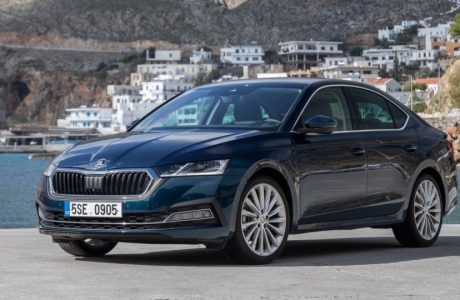
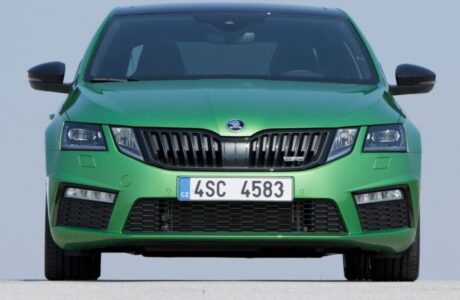
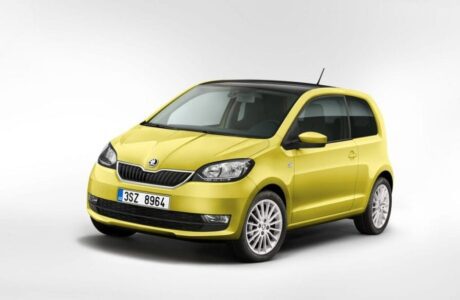
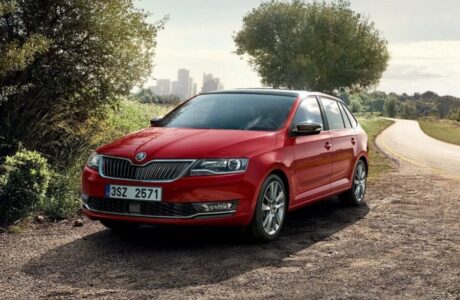
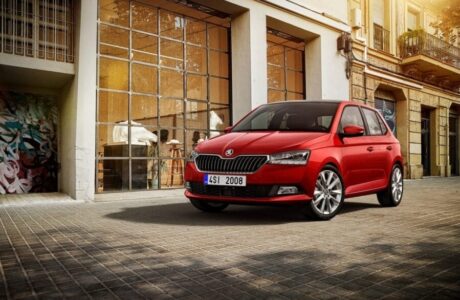
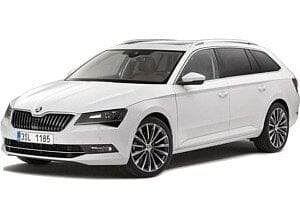
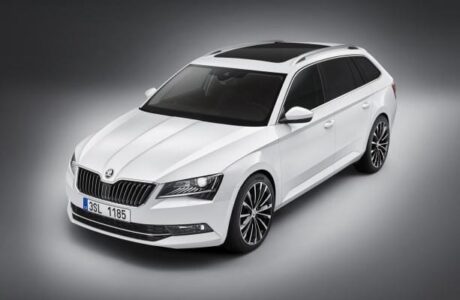
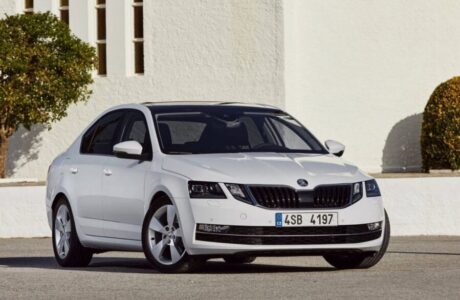
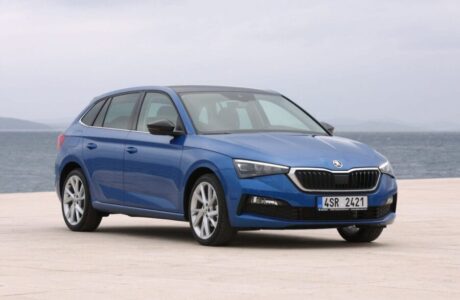
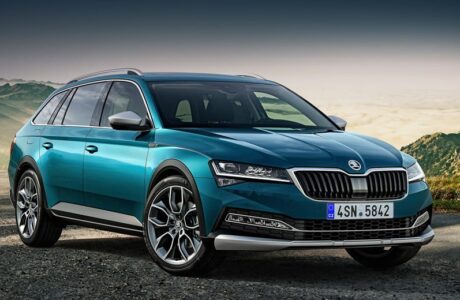
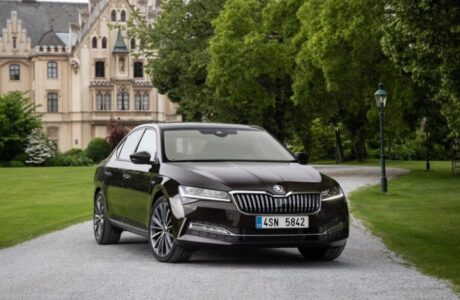
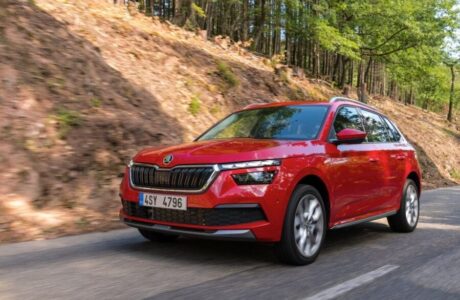
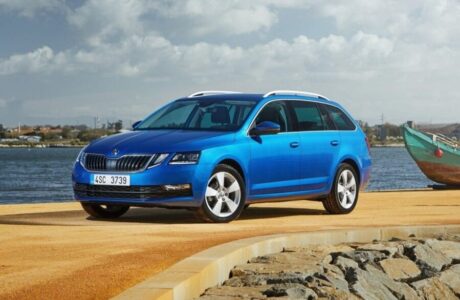
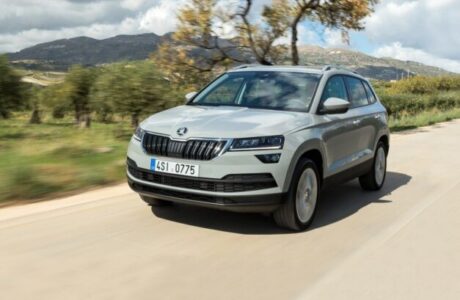
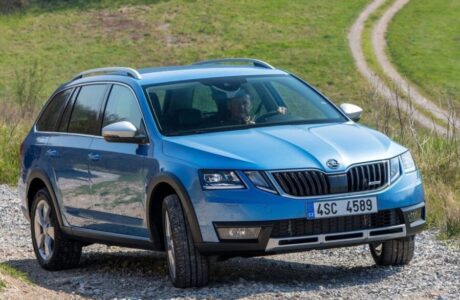
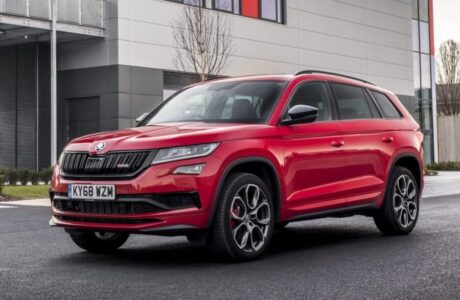
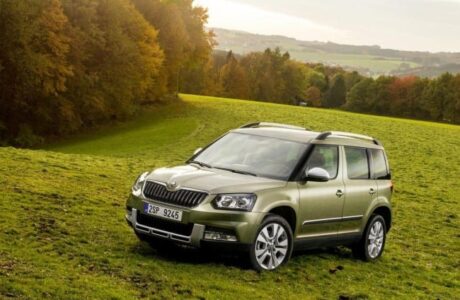
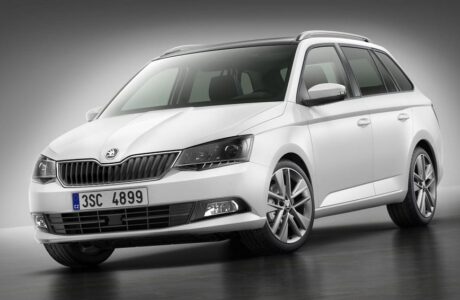
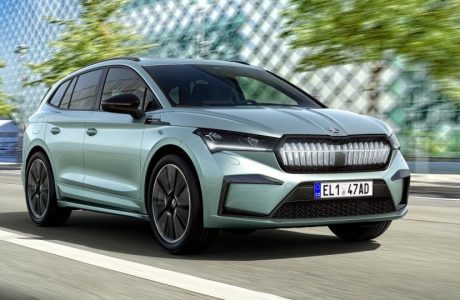
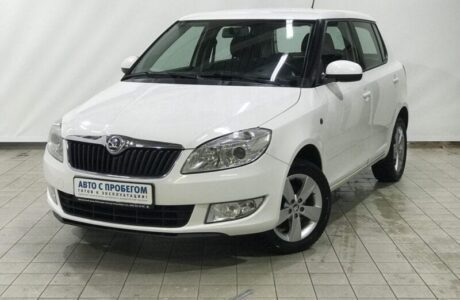
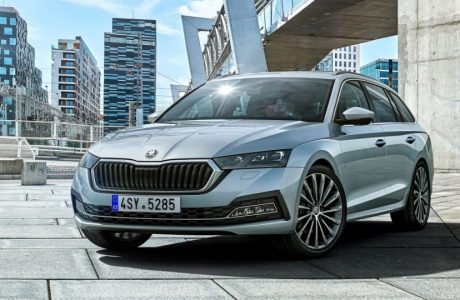
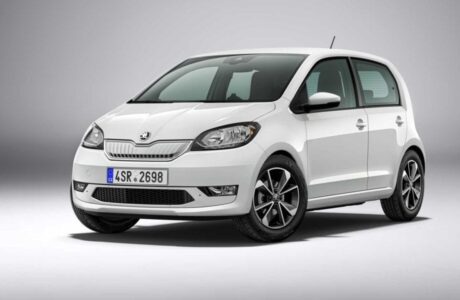
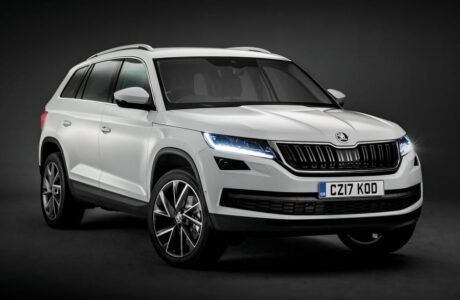
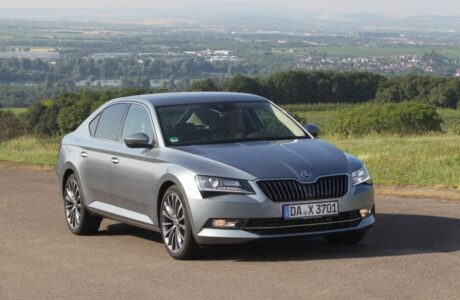
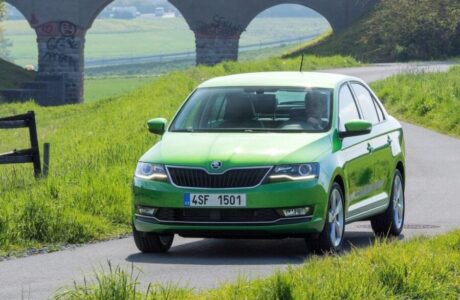
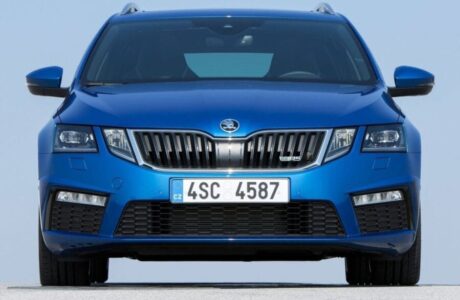
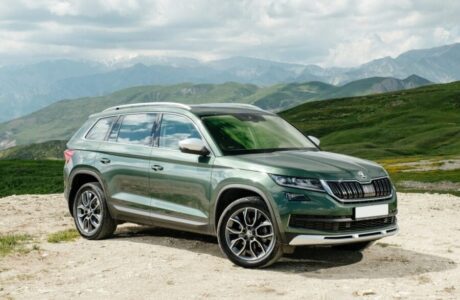
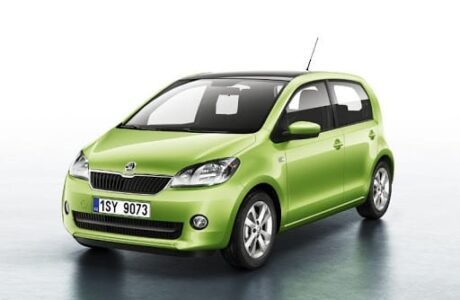
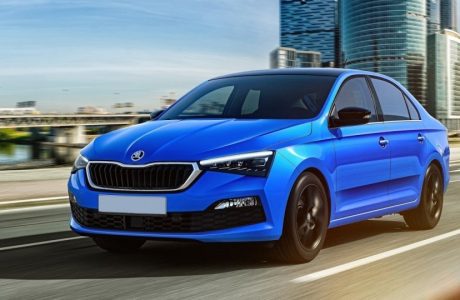
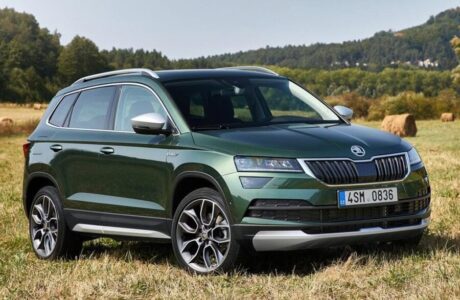
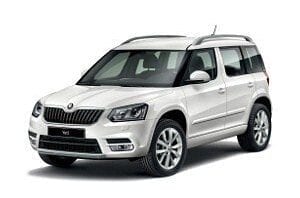
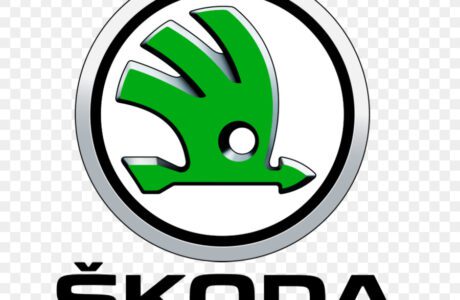
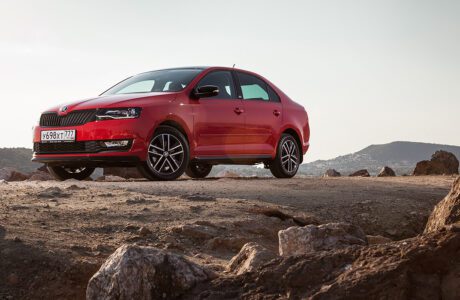
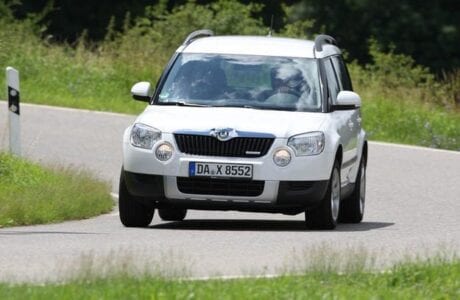
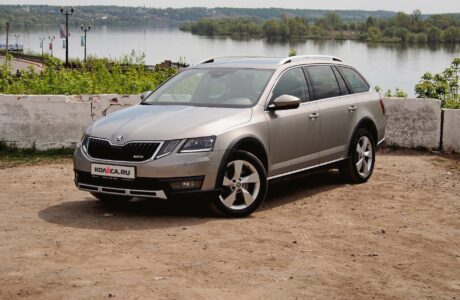
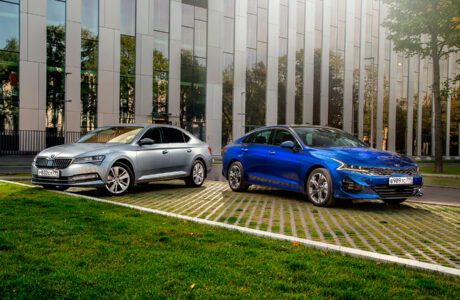
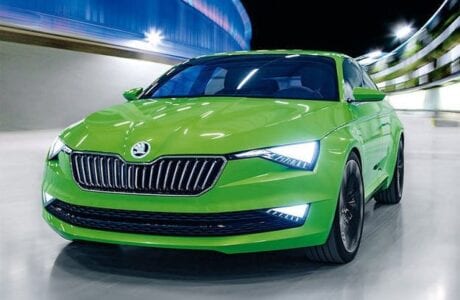
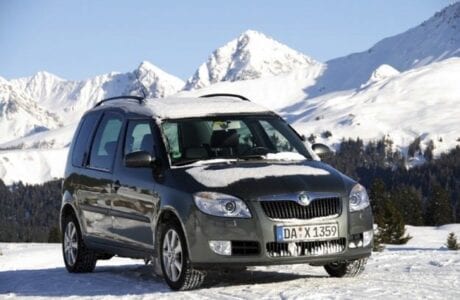
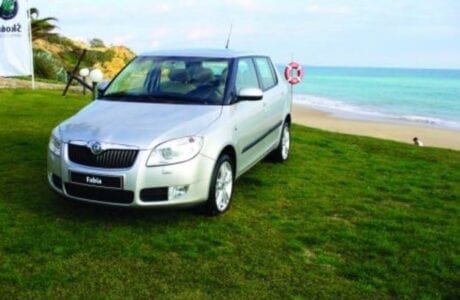
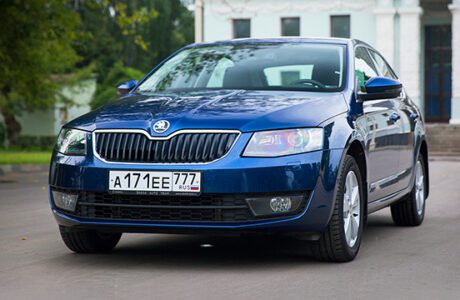
Add a comment